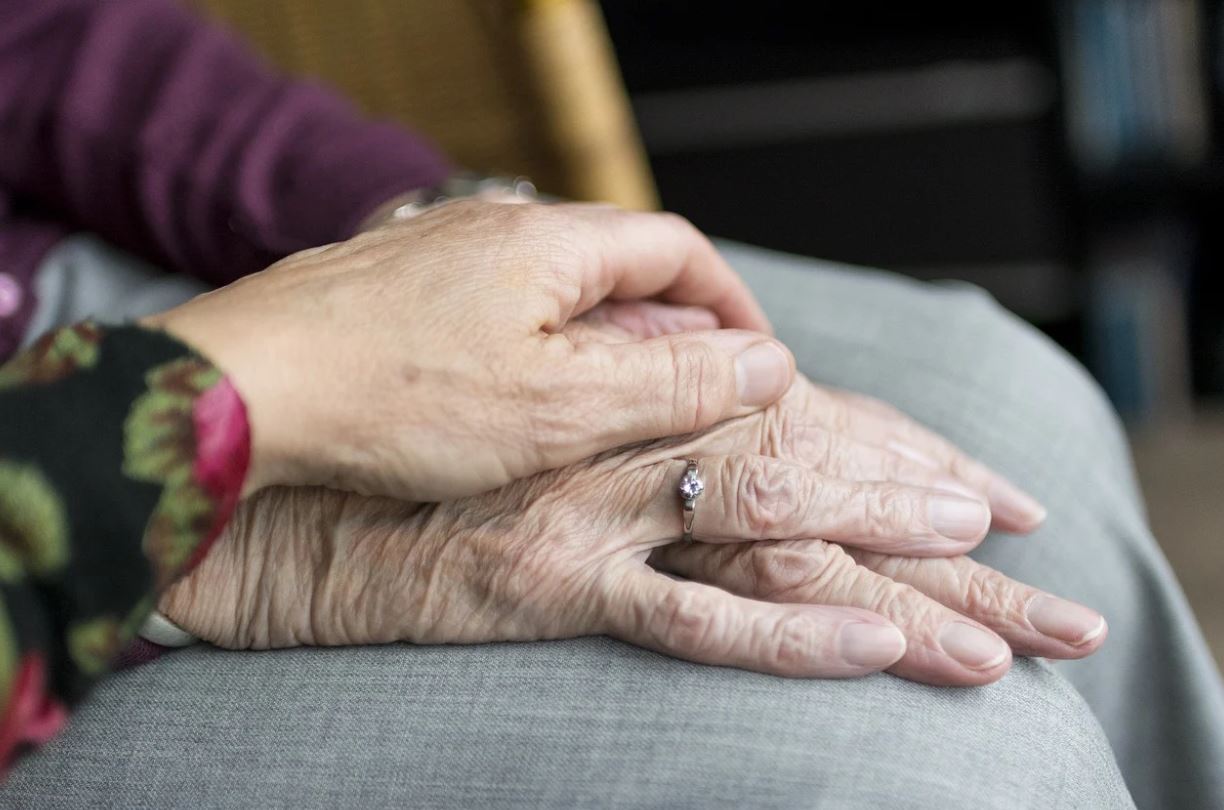Caring for aging parents impacts everyone’s life, and significantly at that, for a number of reasons. Given that we all have busy schedules, adding even a small extra seems to be difficult. When caring for aging parents, people need to plan ahead, and plan well so that they can still lead normal lives in between.
Divide Your Time Wisely
The first step, therefore, should be to divide your time among the needs of the parents, job, children (where applicable), partner (where applicable) and yourself.
Keep in mind, however, that unexpected situations can occur, so it is sometimes difficult to maintain the balance. That’s why it is recommended to use all the help you can get — from friends, family and professionals.
How to Talk to Your Parents
For most people, the first step is the most difficult. Namely, you should talk to your parents, about their present and future plans (including life insurance and how it may help them), and the means of how to go about assisting them. The first conversation is usually awkward and sometimes downright unpleasant. Nevertheless, it is important to take your time and be persistent (but not overbearing), so that there are no understandings later on.
Recruit Help
There’s no easy way to say this, so let’s put it bluntly: it is nearly impossible to care for aging parents alone and maintain a life balance. In addition, the burnout caused by the effort can have severe consequences, including unintended danger to your — or your parents’ health.
The scenario should be avoided at all costs, so recruiting proper help and planning the schedule (to the extent it is possible) should be a top priority.
There are a number of options in this regard, of which we will name the most common ones:
- Family members
Siblings are usually the first choice for those who have them, but other close family members with some free time may also come to mind. - Friends
Sometimes, a close friend or a friend who lives nearby can also help. Both of these categories of people can help with calling or visiting your parents when you cannot make it. - Skilled caregivers
Skilled caregivers can help greatly. These people have the expertise in the areas most common people don’t, so they are often the best choice. However, make sure to choose a licensed professional.
Don’t Burn Out
This is easier said than done as watching one’s parents’ health deteriorate isn’t either easy or pleasant. Sadly, reality won’t change simply because we dislike it, so it is important to prepare yourself mentally and physically for the ordeal.
The simple rule here is to protect your health so that neither you nor your family will have to suffer the consequences. To do this, you should really do what everyone should be doing all the time: adopting a healthy diet, sleep well, and don’t skip annual checkups. Plus, you’ll need to set aside moments for some real downtime.
Taking care of aging parents strains the body and mind and even the simple things like some good sleep and a healthy meal may seem impossible at times. Make an effort, regardless; in the long run, it will get easier and one day it will become a routine.
Use all methods necessary that may help — exercise, mindfulness, meditation and so on.
And when it comes to your parent, think ahead, and have heating pads, ice packs, relaxing aromatherapies and even salt wraps for any injuries on hand.
Keep Negative Feelings in Check
Similarly, sometimes it is difficult to maintain a positive outlook, especially when balancing the ordeal with other people taking shifts to look after your parents. All people involved need to cooperate well, which can prove difficult even in less stressful situations. Sometimes, learning as an adult can be difficult!
However, you’ll have to work it out and maintain a clear head on top of that. It is only to be expected that you’ll occasionally feel depressed, sad, angry, and even confused. These emotions are normal in such circumstances, so you should admit to yourself that they are present and find ways to deal with all those negative emotions. In most cases, the way to go is to accept the emotions and work around them. No, they won’t go away all on their own — and neither should they. If things become too difficult, there are aging life professionals that can help you cope with the situation.
Practice Mindfulness
The term “mindfulness” seems to have a number of connotations seeing as it is popping up in all kinds of situations. For lack of a better word, let’s stick to it even if it’s rather inappropriate.
“Mindfulness activities” commonly encompass a set of practices that can help one cope with any kind of difficult situations, caring for aging parents included. Basically, any kind of activity that can help you disconnect from the painful reality without making you an escapist will do the trick.
Common recommendations include meditation, yoga or any other Easter practice that embraces meditation, long walks in nature, relaxation exercises and massage, and breathing exercises. If you’re unfamiliar with the eastern concept of well-being, it is highly recommended to familiarize yourself with proper breathing techniques — they are essential for maintaining daily activities even when you’re not stressed out.
Conclusion
Taking care of aging parents is stressful and will make you sad and angry at times, but there is no way around it. Take your time connecting to your parents and recruiting help, and maintain your health and life balance no matter the strain. In all honesty, there is no advice that will turn you into a robot, so find your formula to deal with the strain. If it is of any help, sooner or later, the ordeal comes to us all. Talk with close people who have gone through this difficult phase; you may learn something to your advantage.


